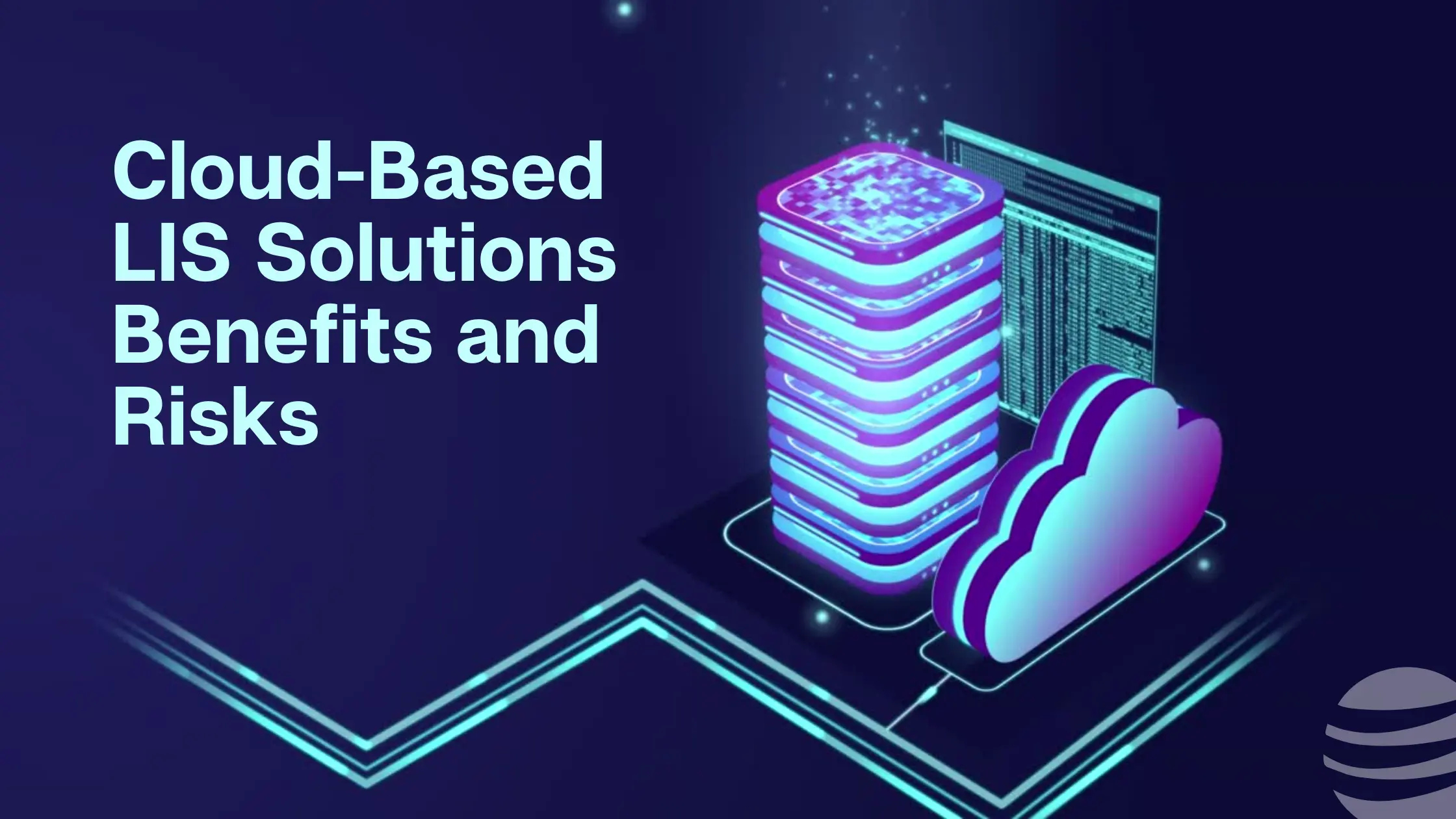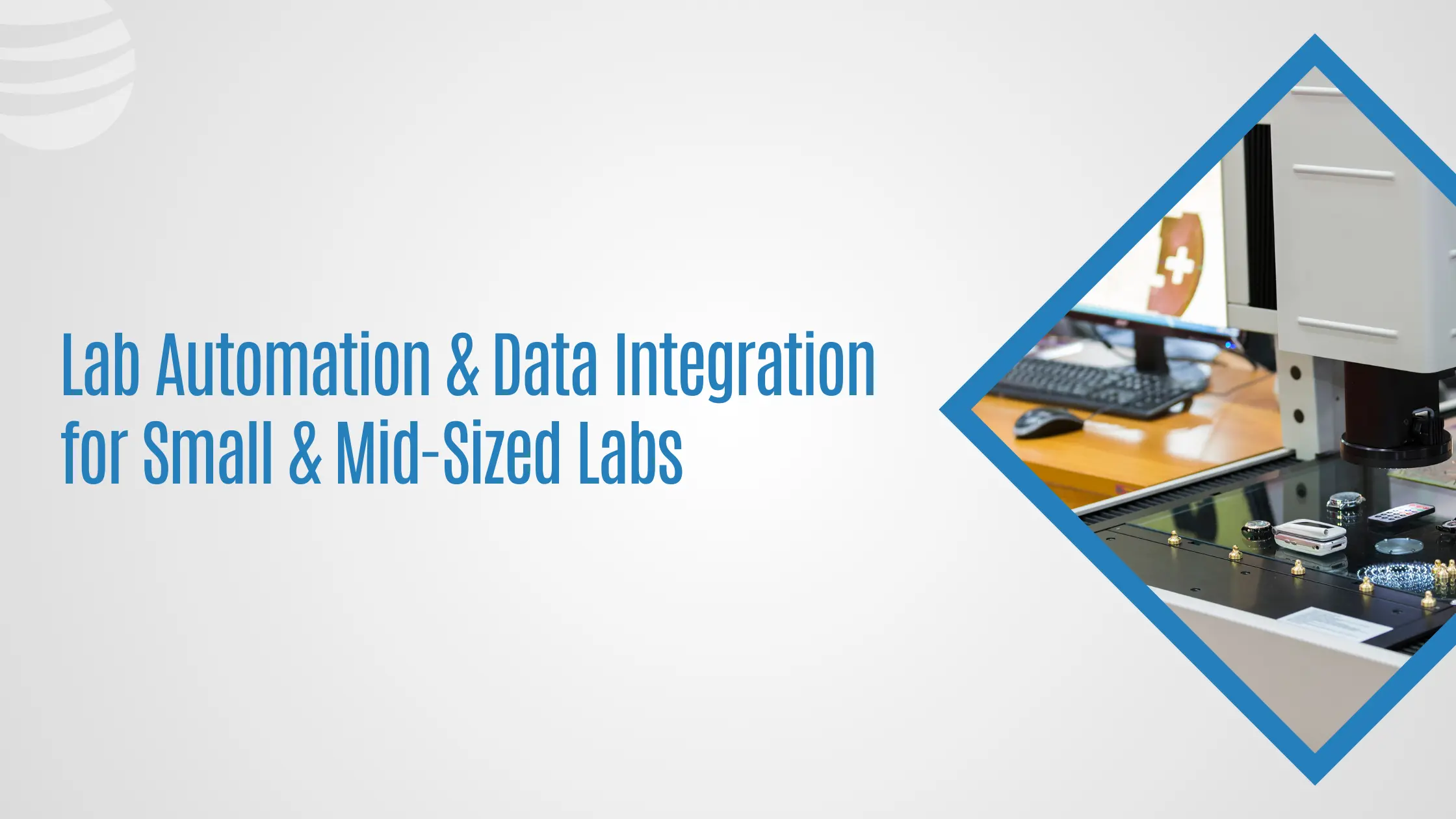

Cloud-Based LIS Software Benefits and Risks
Cloud-Based LIS Software has become a transforming solution in the fast changing field of healthcare technology, completely changing laboratory operations management. Using cloud computing, this program offers easily available, scalable, safe laboratory information systems (LIS). By migrating from traditional on-premises systems to cloud-based platforms, laboratories can enhance efficiency, cut costs, and improve data management. However, like every technical breakthrough, cloud-based LIS software comes with its own set of benefits and concerns. This article explores the benefits and possible difficulties of implementing cloud-based LIS systems, therefore offering insightful analysis for IT administrators and medical practitioners.
What is Cloud-Based LIS Software?
Cloud-Based LIS Software, or Cloud LIS, is a web-based application designed to manage laboratory operations and data. Unlike traditional LIS, which requires physical servers and local infrastructure, cloud LIS operates on remote servers managed by third-party providers. This model allows laboratories to access their data and manage workflows through a secure internet connection, eliminating the need for extensive hardware investments.
Key Features of Cloud-Based LIS Software
Scalability:
Cloud LIS can easily scale up or down based on the laboratory’s needs, accommodating growth without significant capital expenditure.
Accessibility:
Users can access the system from anywhere with an internet connection, enhancing collaboration and remote work capabilities.
Data Security:
Robust security measures, including encryption and multi-factor authentication, protect sensitive patient data.
Regular Updates:
Providers regularly update the software with the latest features and security patches, ensuring the system remains current and compliant.
Cost Efficiency:
Pay-as-you-go pricing models reduce upfront costs and allow for budget flexibility.
Benefits of Cloud-Based LIS Software
Enhanced Data Management
One of the most significant advantages of cloud-based LIS software is its ability to streamline data management. By centralizing data storage, laboratories can ensure that all information is consistent and up-to-date. This reduces the risk of errors and improves the accuracy of test results. Cloud LIS often includes advanced analytics tools, enabling labs to derive meaningful insights from their data and optimize operations.
Improved Collaboration
Cloud LIS facilitates seamless collaboration among healthcare professionals. Real-time data sharing and access from multiple locations enhance communication and coordination, leading to faster decision-making and improved patient care. For example, pathologists can review test results and consult with colleagues remotely, reducing turnaround times and improving diagnostic accuracy.
Cost Savings
Adopting cloud-based LIS software can result in substantial cost savings. Laboratories can avoid the high initial costs associated with purchasing and maintaining on-premises hardware. Instead, they pay a subscription fee that covers software updates, maintenance, and support. This pay-as-you-go model also allows labs to scale their resources as needed, optimizing budget allocation.
Scalability and Flexibility
Cloud LIS offers unparalleled scalability and flexibility. As a laboratory grows, it can easily add more users and storage capacity without the need for additional hardware. This scalability ensures that the system can accommodate increasing workloads and expanding operations. Moreover, the flexibility of cloud-based solutions enables labs to adapt quickly to changing regulatory requirements and market conditions.
Enhanced Security
Data security is a top priority in healthcare, and cloud-based LIS software provides robust security measures to protect sensitive information. Providers implement advanced encryption techniques, firewalls, and multi-factor authentication to safeguard data. Regular security audits and compliance certifications further ensure that the system meets industry standards and regulations, such as HIPAA and CLIA.
Risks of Cloud-Based LIS Software
Data Privacy Concerns
While cloud LIS offers strong security features, data privacy remains a concern. Storing sensitive patient information on remote servers can expose laboratories to potential data breaches and cyber threats. It is crucial for labs to choose reputable cloud providers with a proven track record of data protection and compliance. Implementing strict access controls and regular security training for staff can help mitigate these risks.
Dependence on Internet Connectivity
Cloud-based LIS software relies on a stable internet connection to function effectively. Any disruptions in connectivity can impact the availability and performance of the system. To minimize downtime, laboratories should invest in reliable internet service providers and consider backup solutions, such as redundant connections or local caching mechanisms.
Vendor Lock-In
Transitioning to a new cloud LIS provider can be challenging and time-consuming. Once a laboratory has invested in a particular platform, switching to a different vendor may require significant effort and resources. To avoid vendor lock-in, labs should carefully evaluate providers’ terms and conditions, including data portability and exit strategies.
Compliance and Regulatory Challenges
Healthcare organizations must comply with various regulations, such as HIPAA and CLIA, to ensure patient data privacy and quality control. While cloud LIS providers typically offer compliance features, laboratories are ultimately responsible for ensuring that their systems meet all regulatory requirements. Regular audits and ongoing monitoring are essential to maintain compliance and avoid legal issues.
Best Practices for Implementing Cloud-Based LIS Software
Conduct Thorough Research
Before selecting a cloud LIS provider, laboratories should conduct thorough research to identify the best fit for their specific needs. Consider factors such as the provider’s reputation, security measures, compliance certifications, and customer support. Request demonstrations and case studies to gain a deeper understanding of the software’s capabilities and how it has benefited other healthcare organizations.
Evaluate Security Measures
Data security is paramount in healthcare, so it’s crucial to evaluate the security measures offered by potential cloud LIS providers. Look for features such as end-to-end encryption, multi-factor authentication, and regular security audits.
Assess Scalability and Flexibility
Choose a cloud LIS solution that can scale with your laboratory’s growth. Look for providers that offer flexible pricing models and the ability to easily add or remove users and storage capacity. This ensures that the system can accommodate increasing workloads and expanding operations without requiring significant changes or additional investments.
Consider User Training and Support
Effective implementation of cloud LIS software requires proper user training and ongoing support. Inquire about the provider’s training programs and resources, such as online tutorials, webinars, and user manuals. Ensure that the provider offers responsive customer support, including technical assistance and troubleshooting services, to address any issues that may arise.
Plan for Data Migration
Migrating existing data to a new cloud LIS system can be complex and time-consuming. Develop a detailed migration plan that includes data mapping, validation, and testing. Work closely with the provider to ensure a smooth transition and minimize disruptions to your operations. Consider using data migration tools and services to streamline the process and reduce the risk of errors.
Implement Strong Access Controls
To protect sensitive patient data, implement strong access controls and user management policies. Assign roles and permissions based on the principle of least privilege, ensuring that users only have access to the data and functions necessary for their job responsibilities. Regularly review and update access controls to reflect changes in personnel and organizational structure.
Monitor System Performance
Regularly monitor the performance of your cloud LIS system to ensure optimal operation. Use built-in analytics and reporting tools to track key metrics, such as system uptime, response times, and error rates. Set up alerts to notify you of any issues or anomalies that may affect system performance. Proactively address any performance bottlenecks to maintain high levels of reliability and efficiency.
Conclusion
Cloud-Based LIS Software offers numerous benefits for laboratories, including enhanced data management, improved collaboration, cost savings, scalability, and robust security. However, it also comes with potential risks, such as data privacy concerns, dependence on internet connectivity, vendor lock-in, and compliance challenges. By following best practices and carefully selecting a reputable provider, laboratories can maximize the advantages of cloud LIS while mitigating the risks. As the healthcare industry continues to evolve, cloud-based solutions will play an increasingly important role in driving innovation and improving patient care.




